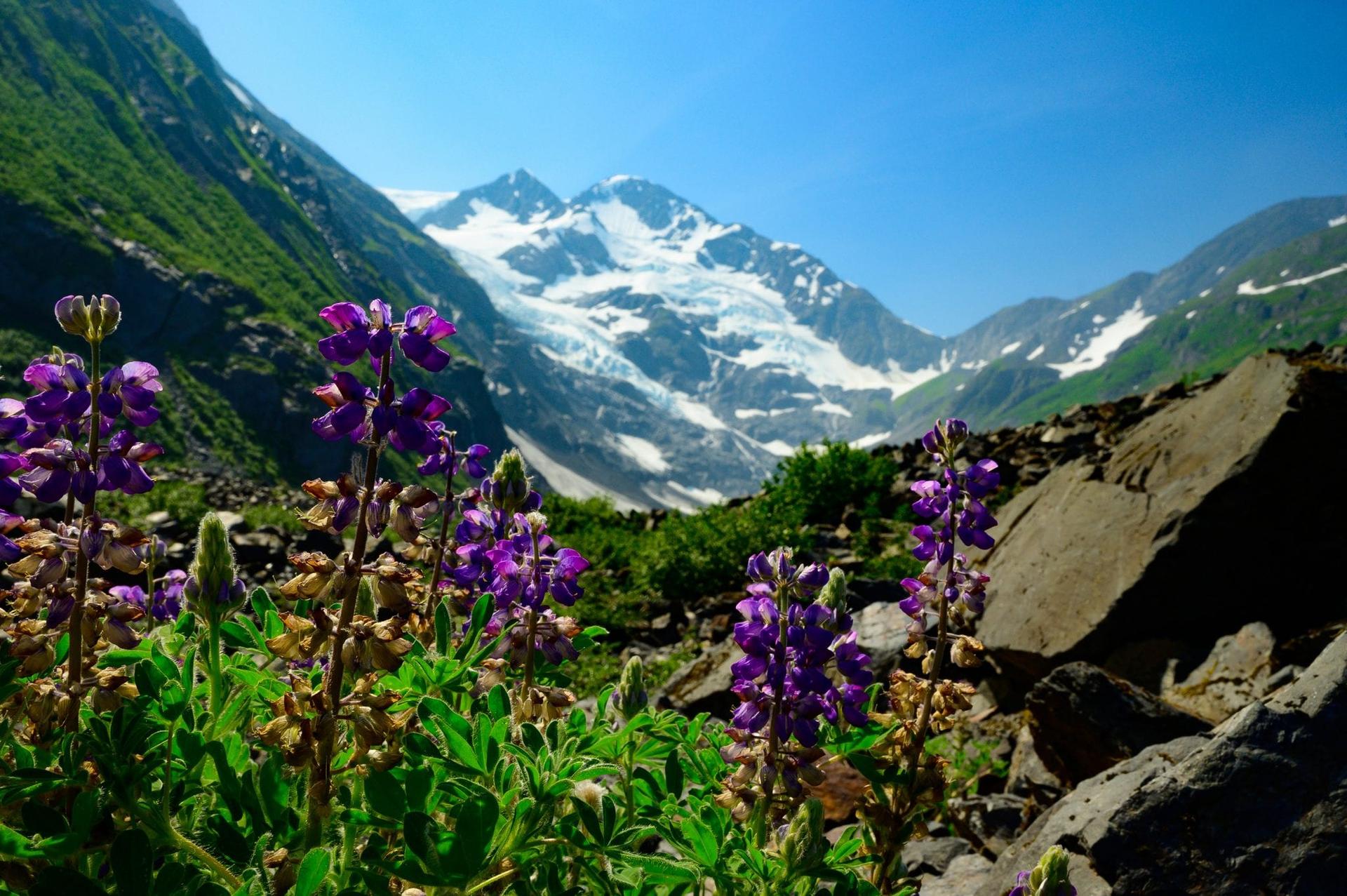NEW YORK — Ahead of October’s upcoming Rome summit on the Amazon region, one stateside organization is hoping the legacy of a lesser-known saint — Kateri Tekakwitha — may help Catholics in the United States realize the significance of indigenous people for the Church.
Bill Jacobs founded the Saint Kateri Tekakwitha Conservation Center in 2000 with a mission of inspiring Catholics to respond to today’s ecological challenges on a local level. Along with his program director Kathleen Hoenke, they’re trying to harness the momentum provided by Pope Francis’s 2015 groundbreaking encyclical on the environment to fuel their cause.
That letter — Laudato si’ — along with the Synod on the Amazon — now offer Jacobs and Hoenke the opportunity for a one-two punch: Elevating the plight of indigenous people and the need for environmental action among Catholics and non-Catholics alike.
“It is important that the Church works with indigenous peoples and plays the right roles to address challenges that they may face,” said Hoenke, looking ahead to October.
“Indigenous peoples have a tremendous amount of traditional ecological knowledge, and opening a dialogue with them in order to recognize shared priorities and work together toward the common goal of caring for creation is imperative for the health of the environment and therefore the survival of the human family as a whole,” she told Crux.
For that reason, among others, Hoenke points to the life and legacy of Kateri, the first Native American to be made a saint, as one who can offer inspiration for the October Synod in Rome as well as for Catholics in their own communities.
Kateri, a Mohawk laywoman, was born in 1656 in upstate New York and became a Catholic after encountering Jesuit missionaries as a teenager. Despite her early death at age twenty-four, she’s remembered for her indefatigable efforts to assist local villagers in need and to build bridges between the natives and Europeans.
“Many non-indigenous Americans don’t know that approximately 20 percent of Native Americans are Catholic,” said Hoenke. “She also had a traditional knowledge of the land and relationship with nature that we should emulate. In a country where people are becoming increasingly disconnected from both each other, God, and the natural world, Kateri is a wonderful example of how to see God in nature and how we are all connected.”
Building on that legacy, Jacobs and Hoenke have started the Saint Kateri Habitat Program, a signature initiative of their Conservation Center, encouraging yards, gardens, schools, farms, parishes, parks, and religious communities to be transformed into a Kateri Habitat “in a way that praises God and fosters a greater connection between people and nature.”
The idea is to take wildlife spaces and introduce a religious component to “remind us that God — the Holy Spirit — is present and active in every corner of creation.”
“By creating and restoring healthy habitats for people and wildlife, with reverence for our Creator, the Habitat Program draws people closer to God, while preserving biodiversity, protecting water quality, reducing climate change, and increasing religious faith,” Jacobs told Crux.
For Jacobs and Hoenke, their hope is that eventually every Catholic person or family will eventually follow suit as a tangible commitment to caring for creation.
“The Holy Father reminds us, perhaps more forcefully than ever, that the path out of our current environmental crisis can be found in God’s Word and in the message of creation, if we listen,” said Jacobs.
“I think Francis has greatly increased the awareness of Catholic ecology generally, and among many more people, including non-Catholics,” he said in describing why nearly two decades after first starting the Conservation Center, he believes people are finally awakening to the Church’s call for “ecological conversion.”
Hoenke, who has worked for the Nature Conservancy, among other environmental outposts, seconded that saying that she believes “the Catholic Church is a perfect vehicle to promote action to prevent biodiversity loss and climate change.”
“Whenever I discuss my work for the Center with fellow environmentalists in the field, they are pleasantly surprised and interested in the work we are doing. I think it is just a matter of getting the word out and being willing to collaborate to make the world a better place as a whole, for everyone,” she continued.
Along with the Habitat Program, the Conservation Center also runs an online Catholic Ecology Library to chronicle “authentic” Catholic resources on the environment. Another program helps to provide consultations under the auspices of the Catholic Land Trust to help protect Catholic-owned land to receive special protection.
In other words, they envision themselves as a one-stop shop for Catholic action and solutions in responding to today’s climate crises.
“Part of our work,” Jacobs told Crux, “is helping people realize that concern for the environment is not just something to be discussed at climate conferences in Europe, but at home, too.”
“If one looks at the primary causes of environmental destruction, we see human sin. Simply put, we have broken our connections with God, with each other, and with nature,” he continued. “But if the problem is sin, then the solution must include the opposite: virtue and a turning to God.”
“The Saint Kateri Conservation Center directly addresses the root causes of environmental destruction, unlike any secular conservation group, by promoting Catholic faith, integral ecology, and life,” he concluded. “We are called to care for all our brothers and sisters, including Sister Earth, as an integral part of our religion, every day and everywhere.”
Follow Christopher White on Twitter: @cwwhite212
Crux is dedicated to smart, wired and independent reporting on the Vatican and worldwide Catholic Church. That kind of reporting doesn’t come cheap, and we need your support. You can help Crux by giving a small amount monthly, or with a onetime gift. Please remember, Crux is a for-profit organization, so contributions are not tax-deductible.
















